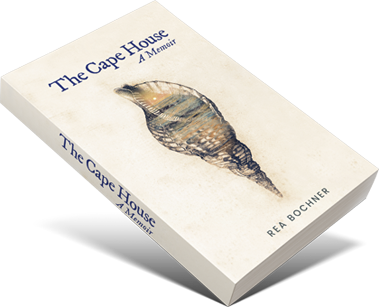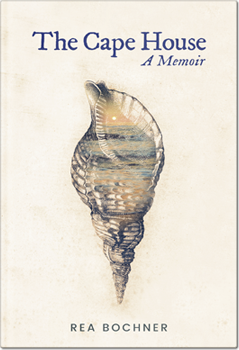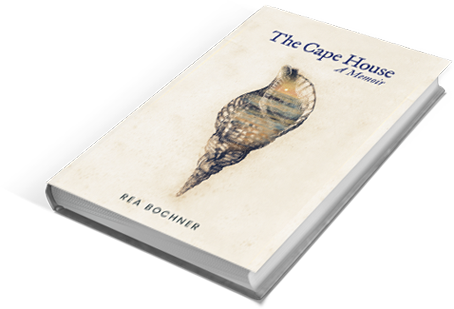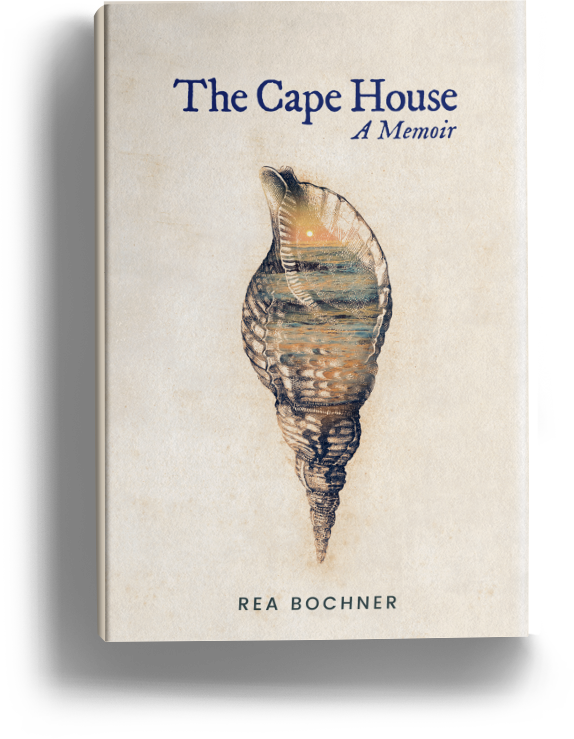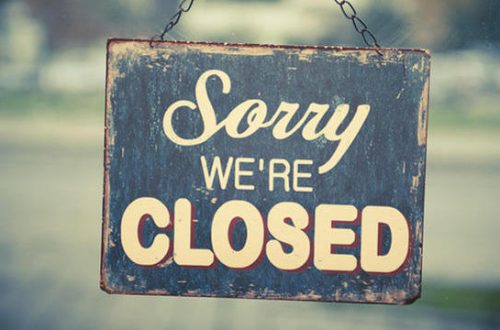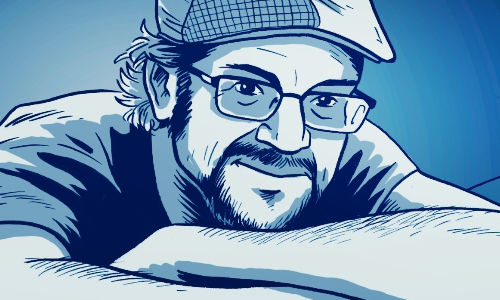Thanks to my friend Shira, I’m currently obsessed with a show on Netflix called “The Great British Baking Show.” As the title suggests, it’s a culinary series with each episode centered around a specific bake – cake, pies and tarts, bread – and featuring a team of adorable home bakers who compete for best technical skill and creativity. The show is shot on a gorgeous, sweeping estate in the English countryside, probably Dorset or the Cotswolds or some other slice of heaven that makes you sigh with longing. Being British, everyone on the show is automatically nicer and better-spoken than any American I know, their wit as light and pleasant as a puff pastry. When the pressure is on, no one bears their fangs; instead, the encourage each other, tut sympathetically, and even hug their competition. (When did British people start hugging? Princess Kate must be turning things around over there…) I’d be lying if I said my inner compulsive overeater wasn’t tantalized just a bit from all that beautiful food, but mostly, “The Great British Baking Show” is a delightful confection that transports me from the three-ring circus of my own life into a Jane Austen fantasy – complete with tiramisu.
Last night, I convinced my stepdaughters to watch the show with me, and while they started out skeptical, they were enchanted within the first five minutes. This particular episode was particularly gripping, as all the contestants had to make Baked Alaska (a dessert with a sponge-cake bottom layered with ice cream and topped with meringue) on a sweltering hot day. Their homemade ice creams were slow to freeze, and the minute they were removed from the freezers, they began to liquefy in the heat. Each contestant had to run back and forth to the freezers to check on their desserts until the last possible second, when they could put on the meringue and pray the whole thing didn’t turn into a puddle before the judges tasted it.
There was one contestant named Iain who looked like a mod barista with a Manchester accent. Lanky, blue-eyed, and full-bearded, Iain had long, russet hair that stood skyward on the top of his head, while the rest was shaved in a close undercut. He had a cool, even way about him that made him seem unflappable; he was the last of the contestants you’d expect to buckle under pressure.
But buckle he did.
When going to check on his Baked Alaska (with black sesame ice cream), Iain discovered it, melting, on another contestant’s work table. Turned out that he had put his in a freezer that was needed by the contestants working in that area – apparently, there was one closer to him that he was supposed to use – and they’d taken his Baked Alaska out to make room for theirs. The result was a messy pile of black-sesame slop. As Iain’s face turned the color of red velvet cake, he snatched up his Baked Alaska, marched over to his station and dumped the whole thing in the garbage to a chorus of gasps. Then he stalked out of the baking tent – and the round – without a word.
When the time came for the judges to have their say, Iain had returned and was standing calmly behind his work station, likely talked down by a sweet, young production assistant. At his turn to present his Baked Alaska, he brought up the garbage bin in which he’d tossed his dessert.
“I didn’t want them to judge the way it came out,” he said, “so I’d rather present nothing.”
“Did you have a problem with your sponge?” asked Paul, one of the judges.
“No,” said Iain.
“Did you have a problem with your meringue?”
“No.”
“Did you have a problem with your ice cream?”
“Yes.”
“So where’s your sponge?” Paul said, pointing to the garbage. “In there?”
Iain nodded.
And with a look of true regret and sympathy, the judge said, “We could have tested that.”
The exchange hit me right between the eyes. How many times have I let one small mistake compel me to dismiss the whole accomplishment? How often do I let one negative outweigh a dozen positives? In the days when I was still in active addiction, one slip meant that everything I’d done before, all the days I’d managed to put together, were instantly wiped out – so I might as well go on a bender. It was a way of thinking that lead me into a lot more trouble than if I’d simply dusted myself off and tried again.
Perfectionism. It’s an insidious thing that rips away so much of our potential, our ability to appreciate ourselves and our abilities. It scares many of us out of ever trying at all. Out of fear of being seen as “imperfect,” we force ourselves to pretend we have it all together when, in reality, none of us do. The result is isolation, distance, and loneliness.
Although I can point to the practicalities of my life – raising kids, working, and other responsibilities – as the reason “The Cape House” took eight years to complete, I’d be lying if perfectionism wasn’t part of the equation. The prospect of delivering something less than perfect was paralyzing, and kept me away from the project for long stretches. It was only when I came across this quote by Elizabeth Gilbert that things began to shift for me:
“We must understand that the drive for perfectionism is a corrosive waste of time, because nothing is ever beyond criticism. No matter how many hours you spend attempting to render something flawless, somebody will always be able to find fault with it. (There are people out there who still consider Beethoven’s symphonies a little bit too, you know, loud.) At some point, you really just have to finish your work and release it as is—if only so that you can go on to make other things with a glad and determined heart. Which is the entire point. Or should be.”
(Hint, hint: this doesn’t just apply to art.)
I don’t know where we got the idea that everything is supposed to be perfect, as we humans are not actually equipped for perfection. Life is messy, people. All kinds of wacky things happen that we don’t expect; we make stupid mistakes and hurt each other; we miss the exit; we spill juice on the tablecloth; we yell at the kids; we do the exact thing we swore to ourselves we wouldn’t do this time; we forget to return phone calls; we spend too much time on Facebook; we take on too much until we feel like we’re going to break.
And guess what? That’s okay.
It’s not supposed to be perfect.
That’s kind of the whole point.
It’s a shame that Iain tossed his entire Baked Alaska. He could have presented his sponge and meringue and maybe even taken the entire round. Instead, because it wasn’t perfect, he literally threw away his opportunity to compete on the show again.
I beg you, if you ever find yourself in a “Baked Alaska Moment”, when things don’t look like the pretty picture in your mind, just sit still. Don’t try to fix it. Because maybe – and hear me out on this – it’s exactly the way it’s supposed to be. Maybe imperfection is absolutely perfect.
And maybe you, my imperfect friend, are, too.
